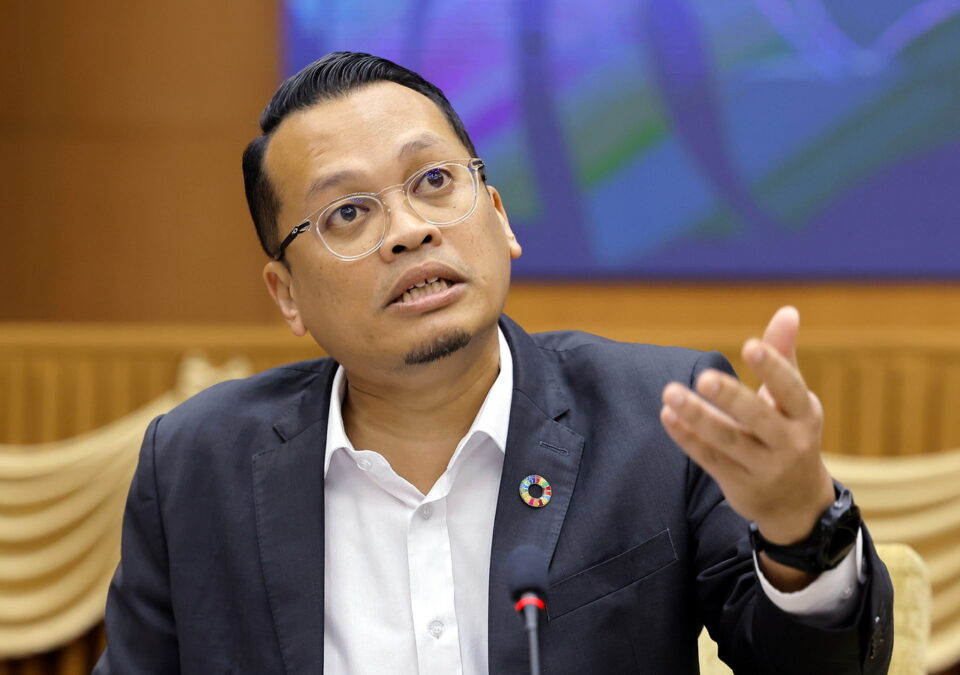KUALA LUMPUR, May 23 – The government is expected to announce the electricity tariff adjustment for domestic consumers in the T20 income group soon, said Natural Resources, Environment, and Climate Change Minister Nik Nazmi Nik Ahmad.
He said the government must take into account various factors including the trend of coal and gas prices which have stabilised as compared to the past few years, before adjusting the electricity tariff.
“Previously, we have long kept the price (of coal and gas fuel) very low…that’s why the tariff increase is quite drastic. So that is a factor to consider.
“God willing, we will announce it in the near future, give us time. I have not even discussed it with the Cabinet,” he told reporters after officiating the ASEAN Green Hydrogen Conference (ASEANGH2) 2023 here today.
He said the adjustment will be made based on the Imbalance Cost Pass-Through (ICPT) mechanism for a period of six months, starting from July to December this year.
Yesterday, Prime Minister Datuk Seri Anwar Ibrahim said that those in the T20 group would not benefit from electricity subsidies and haj financial assistance.
Meanwhile, Nik Nazmi said the government has saved more than RM4 billion from the RM15 billion allocated for flood mitigation projects announced by the previous government.
He said the savings were the result of a better procurement method implemented by the government through open tenders.
Earlier in his speech, Nik Nazmi said he believed that ASEAN countries have the potential to become the leading green hydrogen hub due to their abundance of renewable energy sources and strategic location.
He said that according to the International Renewable Energy Agency (IRENA), ASEAN has the potential to generate more than 800 gigawatts (GW) of solar energy, 300 GW of wind energy, and 200 GW of hydropower.
Nik Nazmi said the region’s abundant renewable energy resources provide a competitive advantage for producing green hydrogen, which requires large amounts of renewable electricity.
“We are also blessed to be in strategic positions for exporting green hydrogen to other countries, where ASEAN has access to major shipping lanes, which can be used to transport green hydrogen to markets in Asia, Europe, and other regions while being close to major demand centres for green hydrogen, such as Japan, South Korea, and China.
“It will be a great waste if we, as ASEAN, fail to take this opportunity to collaborate and take the lead in becoming a major green hydrogen hub in the global market,” he said.
— Bernama





